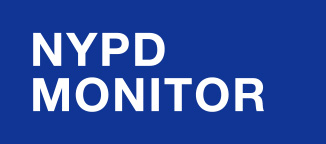What the police can do:
- An officer may approach you and ask you general, non-accusatory questions. The officer must have an objectively credible basis to ask you questions. This means that the officer must have a reason to seek information from you, rather than simply acting on a whim, bias (race- or ethnicity-based or otherwise) or a desire to harass. Examples of general questions include:
- Did you see or hear anything?
- Can I talk to you for a second?
- Are you OK? Any problems or issues?
- What are you doing? (Said in a general tone that is not accusatory.)
- What is going on?
- Why are you in this area?
- What is your name?
- What is your address?
- What is your destination?
- Where are you headed?
- Where are you coming from?
- An officer may ask you for ID, but you are not required to provide it.
- An officer cannot request to search you or your belongings.
- An officer cannot detain, frisk, or search you.
- An officer must give you their business card if you request it, unless the officer is responding to an emergency situation, engaging in undercover activity, or performing certain bag checks.
- Note: Police officers who patrol NYC Housing Authority buildings can ask individuals there if they are there lawfully and can check to confirm whether they are legal residents or legitimate visitors.
What you can do:
- You can ask if you are under arrest or if you are free to leave.
- The officer must tell you that you are not under arrest and are free to leave, and you can do so.
- You do not have to answer the officer’s question. You may exercise your right to remain silent by saying, “I am remaining silent,” or “I am not going to answer your question.”
- You can ask for the officer’s business card.
- Unless the officer is responding to an emergency situation, engaging in undercover activity, or performing certain bag checks, the officer must give you their business card which includes their name and shield number.
